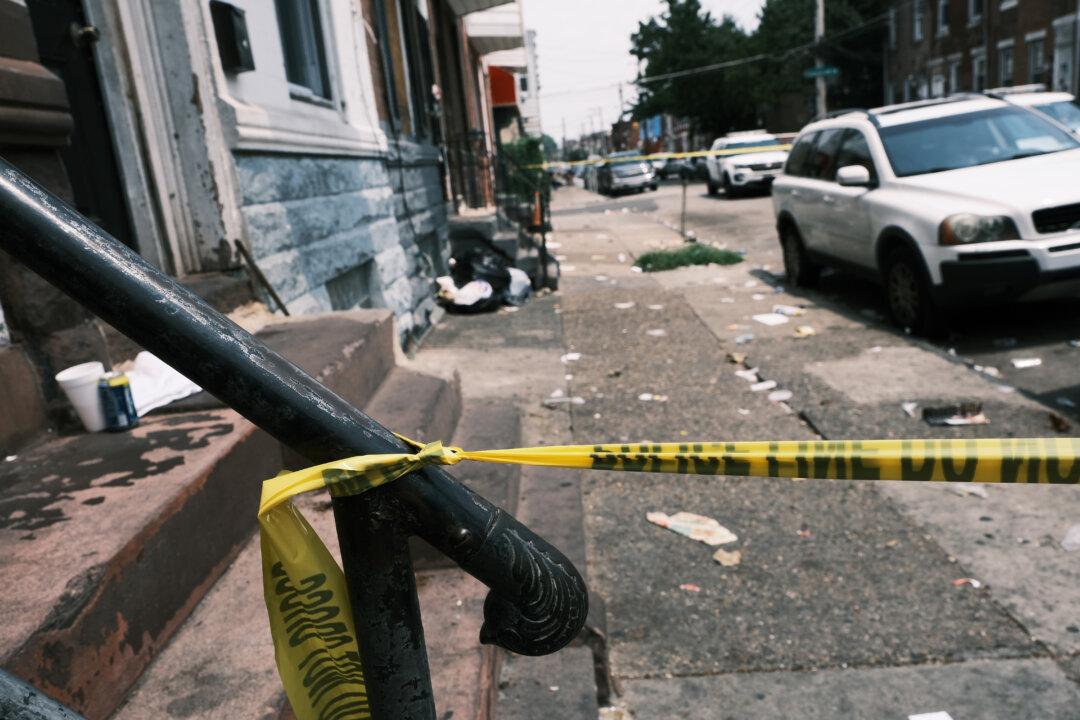The U.S. Food and Drug Administration (FDA) on Tuesday said it has moved to restrict the illicit import of xylazine, a veterinary tranquilizer that is increasingly making its way across the nation as a street drug.
Xylazine is the active ingredient in a potent animal drug widely used to sedate dogs, cats, as well as large animals like horses and deer. The drug has never been approved by the FDA for use in humans, as it may cause serious and life-threatening side effects to the human body, including severe skin wounds and rotting tissue.





